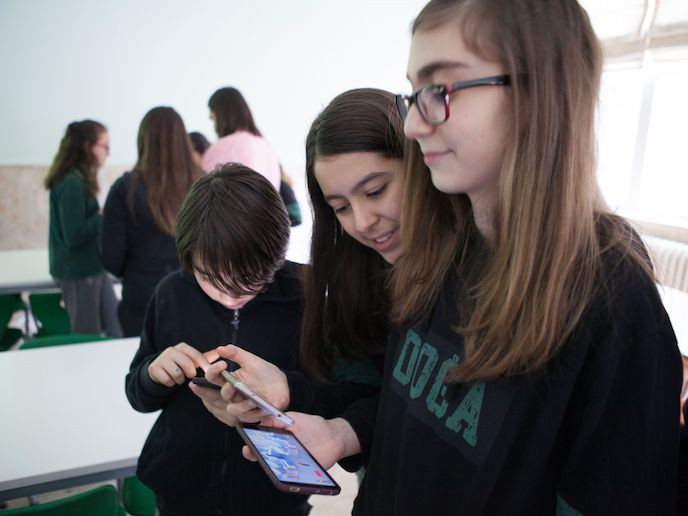A fresh look at innovation
A healthy, robust nation is one that includes people from all segments of society in its workforce, systems and politics, embracing social inclusion and innovation. The EU-funded project 'Growing inequality and social innovation: Alternative knowledge and practice in overcoming social exclusion in Europe' (Katarsis) aimed to investigate the phenomenon of social exclusion from a new perspective. The project built a set of case studies and theories to examine the relationship between social exclusion and innovation. It upheld the theory that innovation, a key pillar of EU policy, should be directed primarily at meeting human needs, which requires innovating in social relations, not just in markets. It looked at European creativity in community development, arts and activism in Europe, whose social inclusion has been compromised by neo-liberal influences from North American and global governance institutions. In this light, the project wanted to draw from the thousands of organisations and people involved in creative strategies to fight inequality and social exclusion, rather than following the International Monetary Fund (IMF), World Bank and Organisation for Economic Co-operation and Development (OECD) models, among others. Katarsis examined different research traditions from sociology, geography, economics, political science, anthropology, urban planning, community development, policy analysis, public health and more. It also looked at social inclusion efforts through various fields such as education, employment, environment, health, housing and governance. All these different perspectives, case studies and relationships between diverse fields and disciplines helped the project team to understand the interdisciplinary and trans-disciplinary character of social innovation research. In closing, the project evoked the philosophy of Antonio Gramsci, a left intellectual from Italy who called for an organic relationship between intellectuals and the masses. Similarly, Katarsis highlighted the importance of disseminating knowledge and producing social rather than just technical innovations, which could prove more useful than new inventions for modern society. In summary, a fresh perspective on innovation, based on creativity and social inclusion, may reintroduce a fresh breath of humanity to the staid, almost mechanical or industrial model of western innovation.







